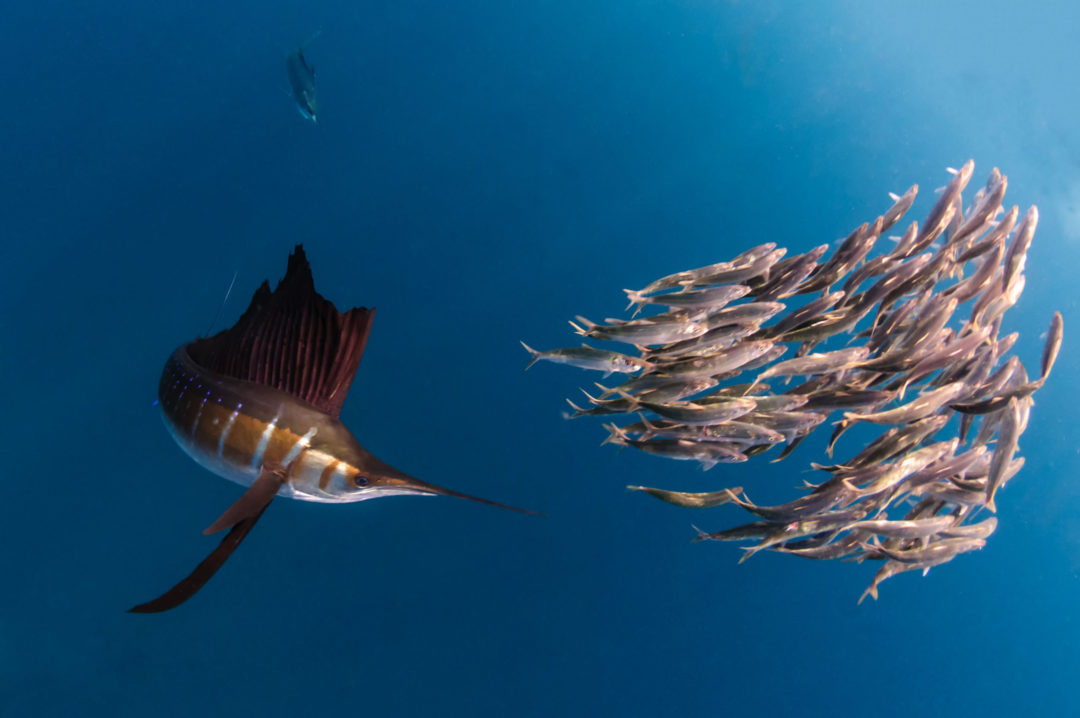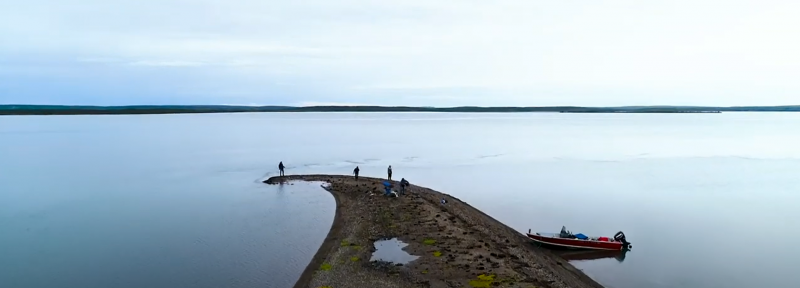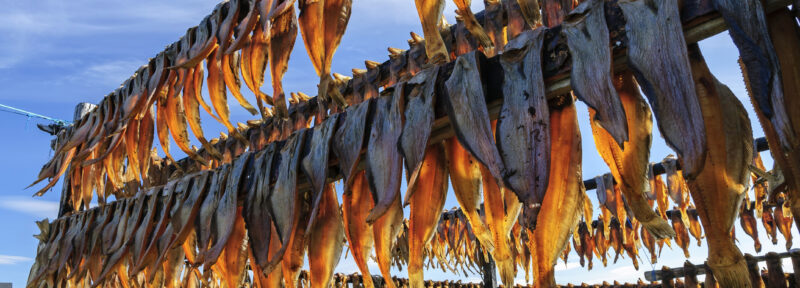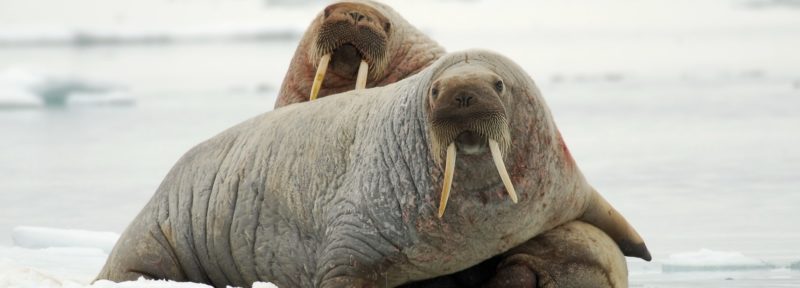How Fisheries Are Threatened by Climate Change—and How We Can Protect Them
Top predators like the sailfish are disproportionately vulnerable to climate impacts, according to a new study.
ᐃᓕᓴᕆᔭᐅᔪᖅ: Peter Allinson, MD / Marine Photobank via Wildscreen Exchange
A Climate Risk Index for Marine Life, published today in Nature Climate Change, provides a comprehensive analysis of nearly 25,000 species and describes the risks climate change poses to marine life, including commercially exploited fish stocks. “We created a ‘climate scorecard’ for each species and ecosystem that tells us which will be winners or losers under climate change,” says Daniel Boyce, the study’s lead author and a research scientist at Fisheries and Oceans Canada. “It allows us to understand when, where and how they will be affected, as well as how reducing emissions can mitigate climate risk.”
The study looked at two different climate scenarios: one in which climate change continues unabated, and one where countries reduce their emissions in line with the Paris Agreement and hold warming to 1.5°C.
Key findings include:
- Under continued high emissions, 87 percent of marine species are projected to experience a high risk of adverse climate change impacts across most of their geographic area by 2100.
- Commercially fished species that are large, long lived and range restricted are the most vulnerable.
- Ecosystems in the tropics, some polar regions, and those found nearshore are more at risk as they are both areas of high biodiversity and sources of food for humans.
- Mitigating emissions reduces the risk for virtually all marine species, enhances ecosystem stability, and reduces risk the most for low-income countries with high dependence on fisheries.
Oceans North, which supported the study, is working to reduce emissions in a number of ways. As part of a holistic strategy to protect the ocean, Oceans North works with port authorities and operators, governments, fishers, boat builders and zero-emission fuel and technology providers to advance solutions that align with achieving zero emissions by 2050. We have also encouraged Canada to include ocean-based solutions in its global commitments to reducing emissions, and within Atlantic Canada, we are working with lobster harvesters on how to achieve net-zero emissions on fishing vessels.
However, adapting to climate change will also be crucial to maintaining healthy fisheries. The results of this study represent important progress towards this goal.
From an adaptation standpoint, the climate risk index can be used to:
- Identify priority ecosystems and species for conservation.
- Develop and implement conservation plans and harvest strategies that account for geographic variation in climate risk across the distribution of individual marine species.
- Determine how climate change will impact socio-economically dependent communities.
- Monitor the changing vulnerability and risk of species, ecosystems and fisheries over time.
This risk index can also be used to assess specific regions. Last year, Oceans North released a report highlighting the impacts of climate change on commercial fisheries in Atlantic Canada and the Eastern Arctic; one of its recommendations is to develop climate vulnerability assessments that can help fisheries management adapt to this new reality. Such an analysis has already been conducted using the new index and is currently in review for publication.
A full list of the key findings and recommendations from the study is available on our website. Stay tuned for more specifics on what can be done for commercially important species in Atlantic Canada!
Katie Schleit is a senior fisheries advisor at Oceans North.





